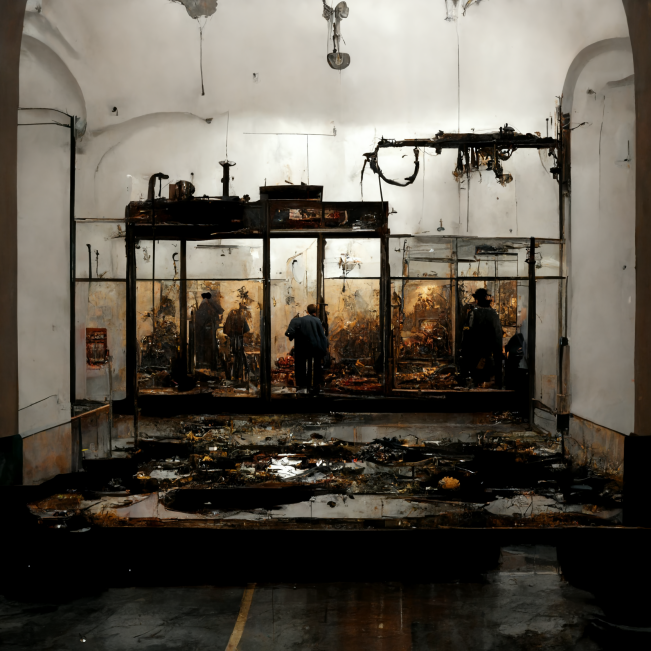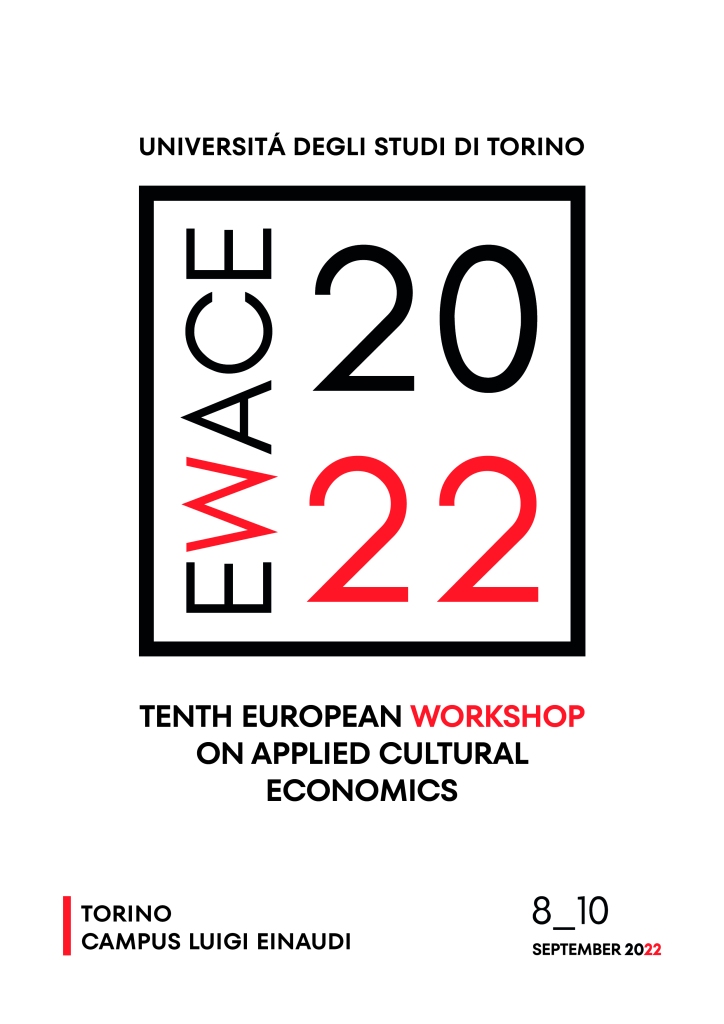By and
In this comparative study, European policies and models of government support and regulation related to fundraising and philanthropic activities towards museums were mapped out. Results are particularly salient in view of increased corporate penetration into the museum sector. Analysis tackles ethical issues surrounding state funding, public subsidy and private sponsorship by companies which stirs tensions between museums and their constituent communities.
Continue reading “COMPARATIVE STUDY OF EUROPEAN POLICIES FOR ETHICAL MUSEUM FUNDRAISING“





Recent Comments